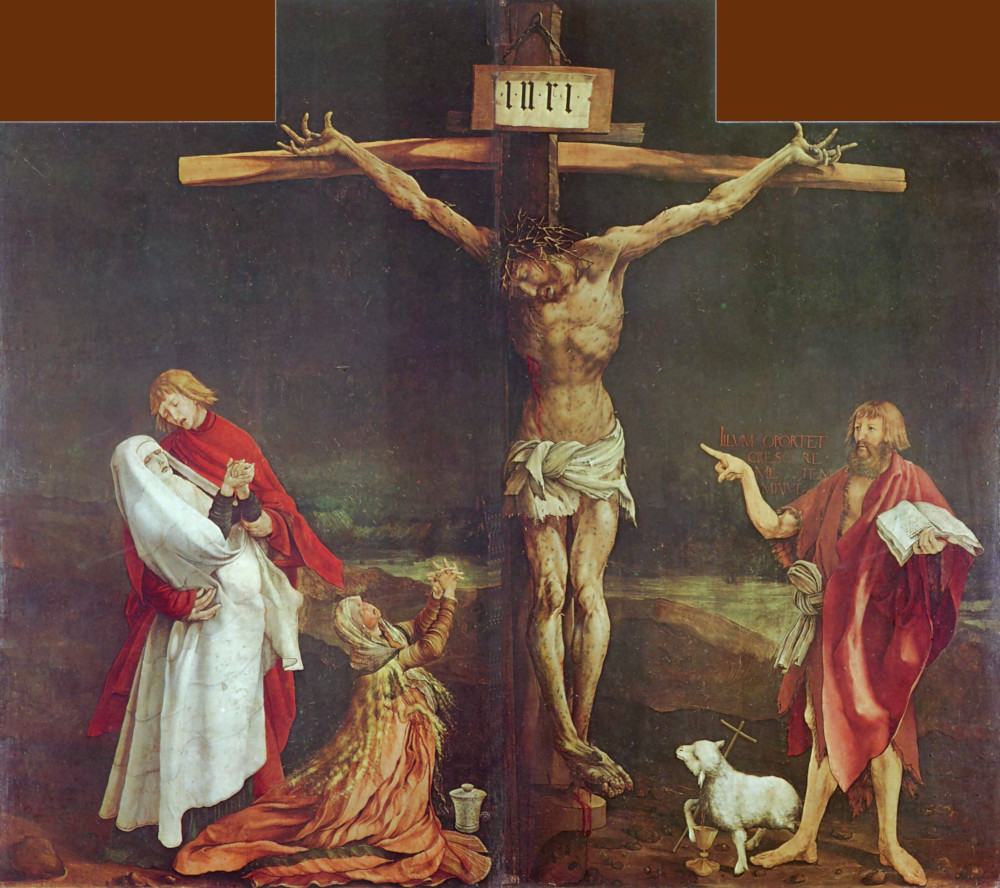
When I was growing up, around this time of year, my mom would play this carol on the piano and my dad would sing. He had a good voice. It was a gift. Here’s the text of the carol:
Thou who wast rich beyond all splendor,
all for love’s sake becamest poor;
Thrones for a manger didst surrender,
sapphire-paved courts for stable floor.
Thou who wast rich beyond all splendor,
all for love’s sake becamest poor.
Thou who art God beyond all praising,
all for love’s sake becamest man;
Stooping so low, but sinners raising,
heavenward by thine eternal plan.
Thou who art God beyond all praising,
all for love’s sake becamest man.
Thou who art love beyond all telling,
savior and king we worship thee.
Emmanuel, within us dwelling,
make us what thou wouldst have us be.
Thou who art love beyond all telling,
savior and king, we worship thee.
-text by Frank Houghton (1894-1972)
Gift
I’m guessing your day is full so I’ll get to the point. Think about gift. First, think about the ways in which the message of Christmas represents gift to you. What specifically about the story of Jesus strikes you as gift? Not just the manger and shepherds and magi, but the whole story, through miracles, teaching, death, resurrection and ascension. The fact is, religious folk can lose sight of Jesus’ story as gift.
That old, old story can get hijacked by a sense of obligation, so that religious observance becomes a duty, or a set of rules, or a weapon against people of different traditions, or heaven forfend, it can become boring routine. It can become an ought, shaping what one friend called, teeth-gritting Christianity. For some church attendance at Christmas can be a speed bump on the way to more festive celebrations. Attendance can become a transaction with a relative (spouse, parent, child) who bargains for your attendance at Christmas liturgies. We can lose sight of gift. With that in mind, take a bit of quiet time today (we could all use some quiet time,) to think about how this familiar story suggests gift. John’s gospel says that the Word became flesh and dwelt among us. Literally, the Word pitched a tent with us. That Word made flesh was full of grace and truth, a winning combo. As Paul wrote to Titus, in his succinct, six word description of the gift of Christmas: The grace of God has appeared. What do you know of grace? That’s Christmas. Second, think about the gifts you will give today and tomorrow and in coming days (Christmas is a season, not just a day). Why are you doing that? There can be obligation that comes with that as well. Perhaps there’s fear you’ll receive something and not have something to give back.
Take time to think about the people to whom you give gifts tonight or tomorrow. What makes you thankful for that person? What do you love about that person? As you give those gifts, focus on how that person might be a gift to you. I know, it’s harder to do with some than others. Offer them your blessing. Third, think about gifts you offer to God this Christmas. Romans 12:1-2 calls us to present ourselves as a living sacrifice, not putting something to death but bringing something to life, out of thanksgiving, as a gift. Today and tomorrow, carry with you the final stanza of the hymn “In the bleak mid-winter”
What can I give him, poor as I am.
If I were a shepherd, I would bring a lamb.
If I were a wise man, I would do my part
Yet what I have I give him, give my heart.
Give your heart this Christmas. Best gift ever.
–Jay Sidebotham
Contact:
Rev. Jay Sidebotham
jsidebotham@renewalworks.org
RenewalWorks is a ministry of Forward Movement.
www.renewalworks.org



 at a small desk in his study in his Swiss home. Probably billions of words. Maybe trillions. Over the desk, he hung a print of John the Baptist from Grunewald’s Isenheim Altarpiece. That piece of art guided his writing. John (that great Advent figure) stands with arm extended, pointing beyond himself to Christ on the cross, where in the words of the hymn, love and sorrow flow mingled down. That was Karl Barth’s work: to point beyond self to Christ. I sense it was Thomas Merton’s vocation as well. How will you and I do that? May that be our work, our vocation this week.
at a small desk in his study in his Swiss home. Probably billions of words. Maybe trillions. Over the desk, he hung a print of John the Baptist from Grunewald’s Isenheim Altarpiece. That piece of art guided his writing. John (that great Advent figure) stands with arm extended, pointing beyond himself to Christ on the cross, where in the words of the hymn, love and sorrow flow mingled down. That was Karl Barth’s work: to point beyond self to Christ. I sense it was Thomas Merton’s vocation as well. How will you and I do that? May that be our work, our vocation this week.